Introduction
In today’s fast-paced business environment, effective budgeting is more critical than ever. A well-structured budget serves not only as a financial roadmap but also as a powerful tool for resource allocation, performance measurement, and strategic planning. This comprehensive guide will empower organizations to navigate their financial landscape with confidence and clarity.
The Importance of Business Budgeting
Business budgeting is a foundational process that enables organizations to plan and manage their financial activities over a specific period, typically a fiscal year. It involves forecasting revenue, estimating expenses, and allocating funds across various departments and initiatives. A robust budget provides a framework for making informed decisions, ensuring that resources are used efficiently and organizational goals are met.
A solid budget offers numerous advantages:
- Improved Financial Control: By setting spending limits and revenue targets, businesses can monitor actual performance against planned figures, making it easier to identify and address discrepancies.
- Enhanced Decision Making: With a clear understanding of available resources, leaders can make strategic choices that support growth and sustainability.
- Better Communication: A transparent budgeting process fosters collaboration and alignment among stakeholders, ensuring everyone is working toward common objectives.
Key Benefits of Effective Budgeting
- Financial Control: Budgets act as benchmarks, allowing businesses to track progress and make real-time adjustments to stay on course.
- Resource Allocation: By identifying priorities and available resources, organizations can direct funds to the most impactful areas, driving productivity and growth.
- Strategic Planning: Detailed budgets support long-term planning, helping businesses set and achieve strategic goals by aligning financial resources with key initiatives.
- Performance Measurement: Regularly comparing budgeted figures to actual results highlights variances, enabling organizations to refine forecasts and improve future performance.
Steps to Create an Effective Business Budget
- Set Clear Objectives:
Begin by defining specific financial goals, considering both immediate needs and long-term ambitions. Clear objectives provide direction and purpose for the budgeting process. - Gather Historical Data:
Analyze past financial performance to inform future projections. Reviewing trends in revenue, expenses, and cash flow helps create realistic and achievable budgets. - Estimate Revenues:
Develop revenue forecasts based on market research, sales trends, and economic conditions. Conservative estimates help prevent overcommitting resources. - Identify Fixed and Variable Costs:
Categorize expenses into fixed (e.g., rent, salaries) and variable (e.g., marketing, inventory) to better understand cost behavior and manage spending effectively. - Involve Key Stakeholders:
Engage department heads and team members in the budgeting process. Their insights ensure the budget reflects operational realities and fosters accountability. - Monitor and Adjust:
After implementation, continuously track budget performance. Regularly review variances and be prepared to adjust allocations and forecasts to respond to changing circumstances.
Case Study: Successful Budgeting in Action
A mid-sized technology firm recently overhauled its budgeting process by involving all departments in the planning stage. By leveraging historical data and setting clear, measurable objectives, the company created a budget that aligned with its strategic vision. This collaborative approach enabled the firm to reduce expenses by 15% while boosting innovation and performance across departments. The result was a more agile, efficient organization, demonstrating the transformative power of effective budgeting.
Conclusion: Empower Your Business with a Robust Budget
Mastering the art of business budgeting is essential for navigating the complexities of today’s financial landscape. By following the strategies outlined in this guide, organizations can enhance financial control, allocate resources with precision, and measure performance effectively. Investing time and effort in creating a thoughtful budget is an investment in your business’s future success.
For personalized support in developing your business budget, contact our team of financial experts today and take the first step toward financial excellence.


